Ah, Japa fam,
This next story is a real eye-opener for anyone planning their Japa trip to the US, especially if you have a bun in the oven (I mean a baby in your belly). It’s a cautionary tale about a Nigerian couple, let’s call them Kemi and Kunle, who landed at Detroit Metro Airport with a story that fell apart faster than puff-puff at a family gathering.
Here’s the gist:
Kemi and Kunle landed in Detroit Metro Airport claiming they were visiting family for a few short weeks. The US Customs and Border Protection (CBP) officers, however, are trained to sniff out inconsistencies like nobody’s business. Maybe it was the overflowing suitcase full of baby clothes Kemi was carrying, or Kunle’s nervous demeanor during questioning. Whatever it was, alarm bells started ringing for the officers.
Now, instead of being upfront about their plans to have their baby in the US (which can be done legally!), Kemi and Kunle dug themselves a deeper hole. They stuck to their flimsy story of a short visit, even when the officers pressed for details. This is where things went wrong. CBP officers have ways of checking your story, folks. They can access your social media, travel history, and even that online shopping spree you had on a baby website last month. Lies catch up to you quick at customs, believe that.
Here is an excerpt of the Interview: A Breakdown in Communication
Let’s take a closer look at a part of the interview transcript to see how things unfolded:
CBP Officer: Do you have any medical paperwork saying how far along you are? Did you do you have ultrasounds on you? Do you have any letters? […] So when I asked you how far along you were, you told me 16 weeks, correct? Papers telling me 25 weeks. So I wanna ask you why the inconsistencies?
Kemi claims she’s 16 weeks pregnant, but her medical papers say 25 weeks. This inconsistency is a major red flag for the officer.
CBP Officer: You know when you go to the doctor and you’re expecting, this is her first child. That’s the date that you would know. It’s very hard for me to believe that you did not know you were 25 weeks pregnant. Very hard for me to believe. It’s possible that you were nervous to tell me that. And that’s OK. But I would like you to be honest with me. Did you know that you were 25 weeks pregnant? Yes or no.
The officer gives Kemi a chance to come clean, but she continues to be evasive.
Kemi: The truth is this. So, the doctor told me that it is 25 weeks.
CBP Officer: The doctor. The doctor told you that you were 25 weeks, OK?
Kemi: Yes, but to me, I know 16 weeks. Because I calculated.
This back-and-forth continues, highlighting Kemi’s attempt to downplay how far along she is.
The interview exposes Kemi and Kunle’s attempt to deceive the CBP officers. Unfortunately, their dishonesty had serious consequences. Since Kemi was likely flagged as a potential “visa overstayer” intending to give birth in the US without proper means to pay for it, she might have been denied entry on those grounds.
Why Honesty Matters at US Customs
There are several reasons why honesty is crucial when dealing with US immigration officials:
- Deportation and Entry Bans: Dishonesty can lead to serious consequences. You could be denied entry, deported, and even banned from entering the US for years. This can have a devastating impact on your future travel plans.
- Negative Impact on Nigerians: When Nigerians try to deceive CBP officers, it reflects poorly on all of us. Let’s represent our Naija pride with honesty and integrity!
Japa the Right Way: Having Your Baby in the US
The good news is that there are legitimate ways for Nigerians to visit the US for childbirth. Here are some options to consider:
- Visitor Visa for Medical Purposes: The US government website (.gov, not some shady .com) has all the official information you need on this visa type. It outlines the requirements and application process for visitors seeking medical treatment in the US.
- Consult an Immigration Lawyer: An immigration lawyer can guide you through the legal process of obtaining the appropriate visa for your situation. They can ensure you meet all the requirements and avoid any potential issues.
- Talk to Experienced Travelers: The Japa community is here to help! Connect with other Nigerians who have successfully navigated having their babies in the US. Learn from their experiences and ask questions.
- K-1 Fiancé Visa (if Applicable): If you’re engaged to a US citizen, consider a K-1 fiancé visa. This visa allows you to enter the US with the intention of getting married within 90 days. Once married, you can apply for a change of status to a green card, which offers a path to US citizenship for your child.
Remember: Each option has its own requirements and complexities. Consulting with an immigration lawyer is highly recommended to determine the best course of action for your specific situation. - B-2 Tourist Visa with Maternity Coverage: Did you know you can travel on a B-2 tourist visa and still deliver your baby in the US? It’s important to be upfront about your intentions during your visa application and ensure you have adequate health insurance that covers maternity care.
Here’s what you need to consider for this option:
- Honesty is Key: Be truthful about your plans to have a baby during your visa interview. Don’t try to hide your intentions; it will only lead to trouble at customs.
- Proof of Funds: Show sufficient financial resources to cover your stay, hospital bills, and any unforeseen expenses. Bank statements, proof of employment, and sponsored letters can help demonstrate this.
- Health Insurance: Purchase comprehensive medical insurance that explicitly covers maternity care. This is crucial to avoid issues with the CBP officers.
- Strong Ties to Home Country: Demonstrate strong ties to your home country, such as a job, property ownership, or family connections. This reassures the officer that you intend to return to Nigeria after delivery.
The Key Takeaway is…
On a personal note: Nobody likes to see someone’s dream turn into a nightmare. Kemi and Kunle’s story serves as a cautionary tale, but it’s also an opportunity to learn. Let’s use their experience to promote informed Japa and continue to uplift each other on this journey. We can all achieve our American dreams by following the right path.
We understand that navigating the US immigration process can be overwhelming. That’s why the Japa community is here for you!
Here’s how you can be a part of it:
- Stay Connected on MyJapaStory: Our community is a treasure trove of information on Japa, from visa applications to travel tips and inspiring stories.
- Share Your Story: Have you had a successful Japa experience, or perhaps learned a valuable lesson (like Kemi and Kunle)? Share your story on our platform to inspire and guide others!
- Ask Questions: The Japa community thrives on shared knowledge. Don’t hesitate to ask questions and seek advice from fellow travelers who have been there, done that.
Together, let’s promote honesty and integrity in the Japa process. By sharing our experiences and supporting one another, we can all achieve our American dreams the right way.
Share Your Story and Help Others!
Did you enjoy this story and learn something valuable? Why not share some Japa wisdom with the community? Your story could help someone avoid the same mistakes as Kemi and Kunle. Remember, together we rise! Every story shared on this platform comes from someone just like you, looking to support and empower our amazing Nigerian community at home and abroad.
Let’s Japa with integrity, fam. Safe travels!
Footage of the interview.
Video Credit: Border Security
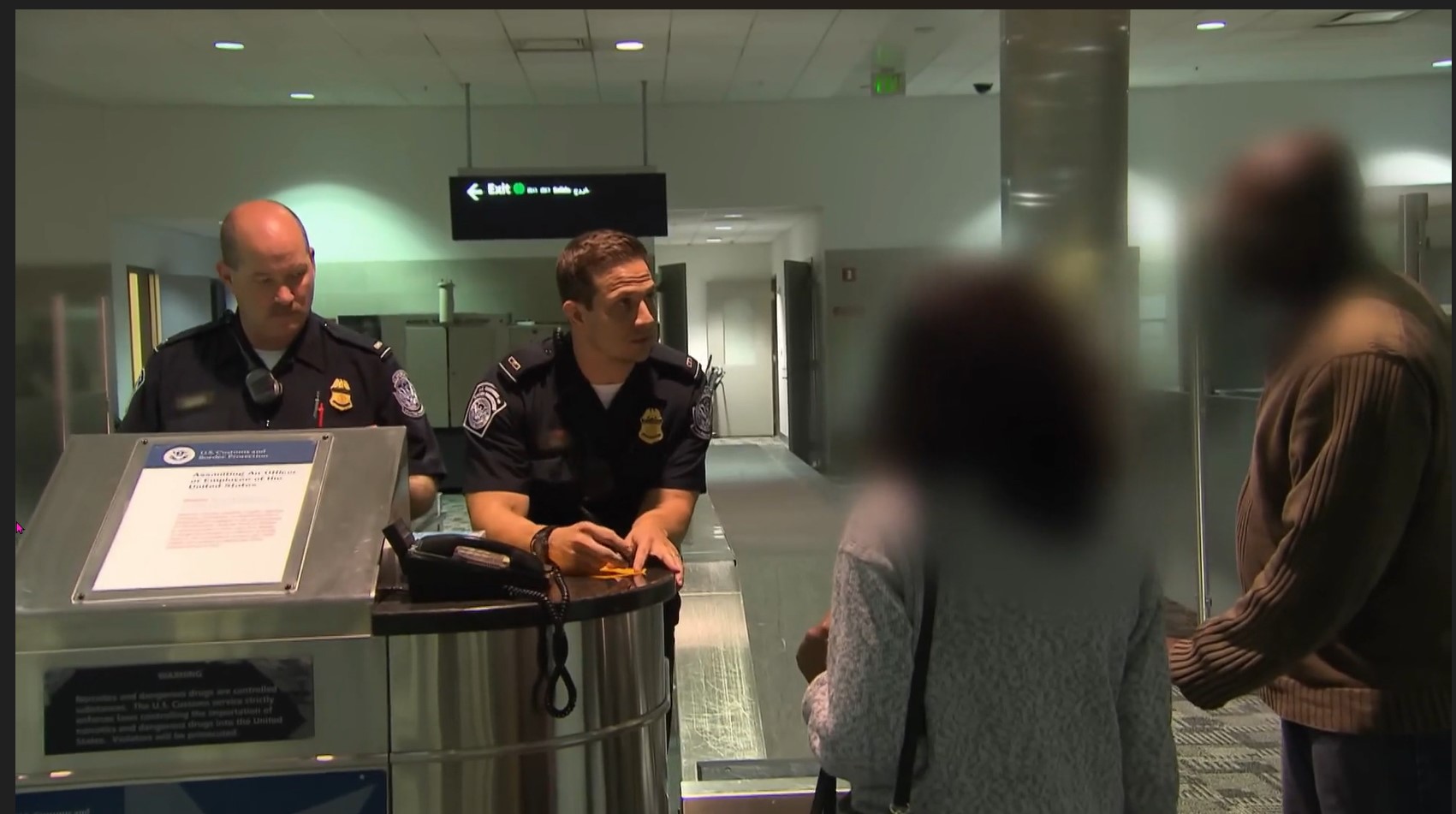
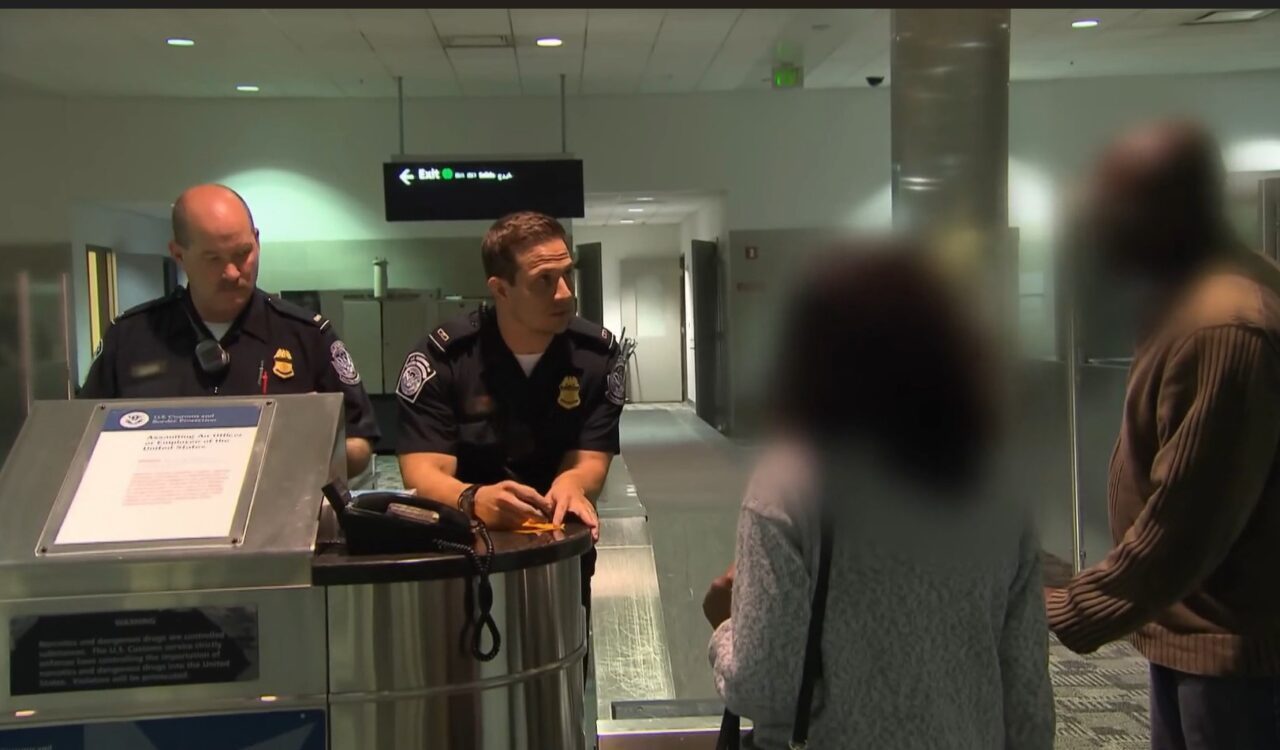
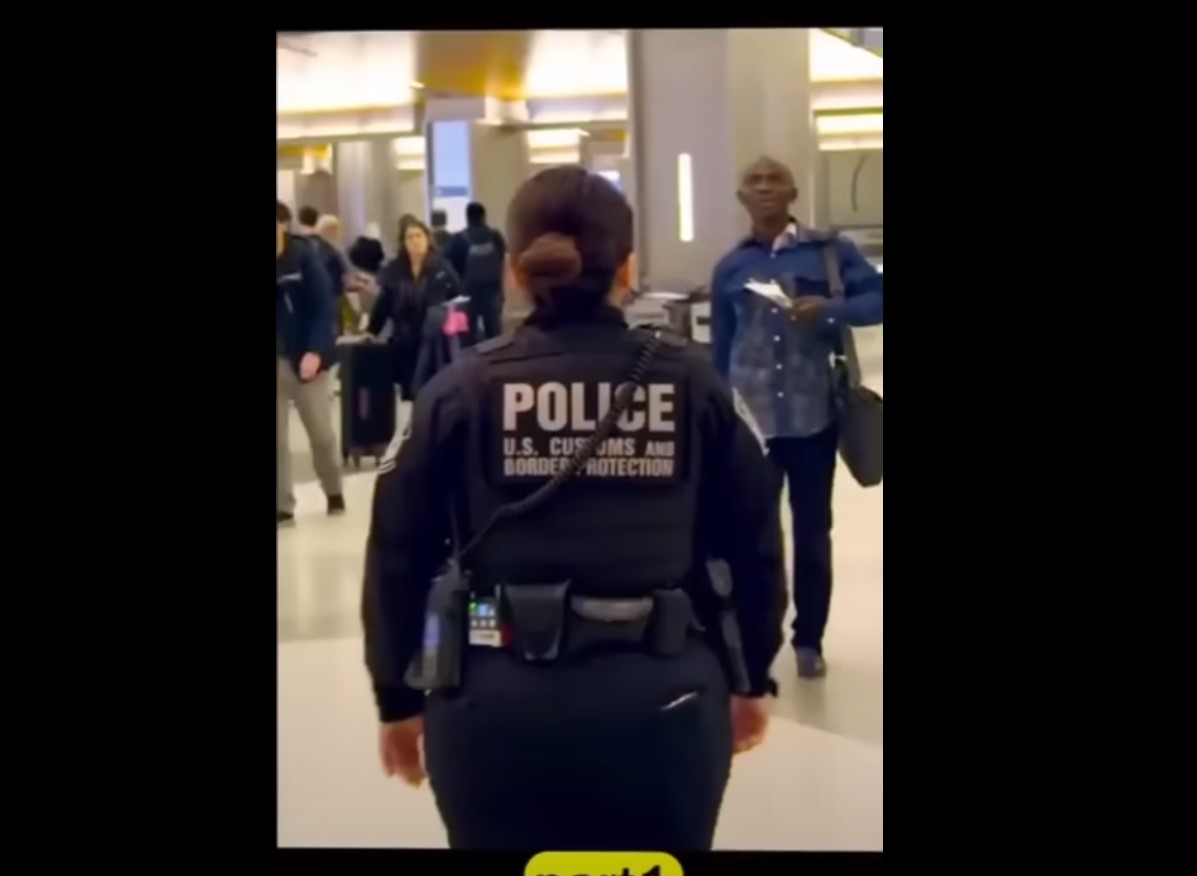

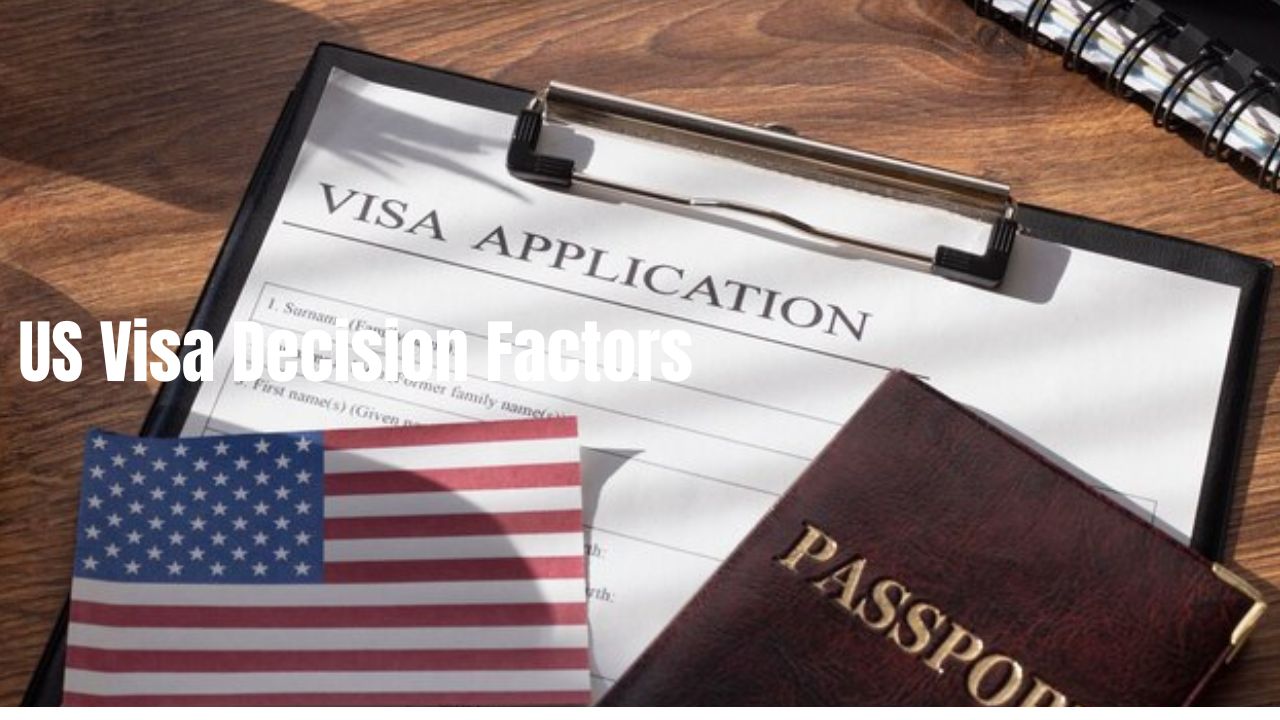

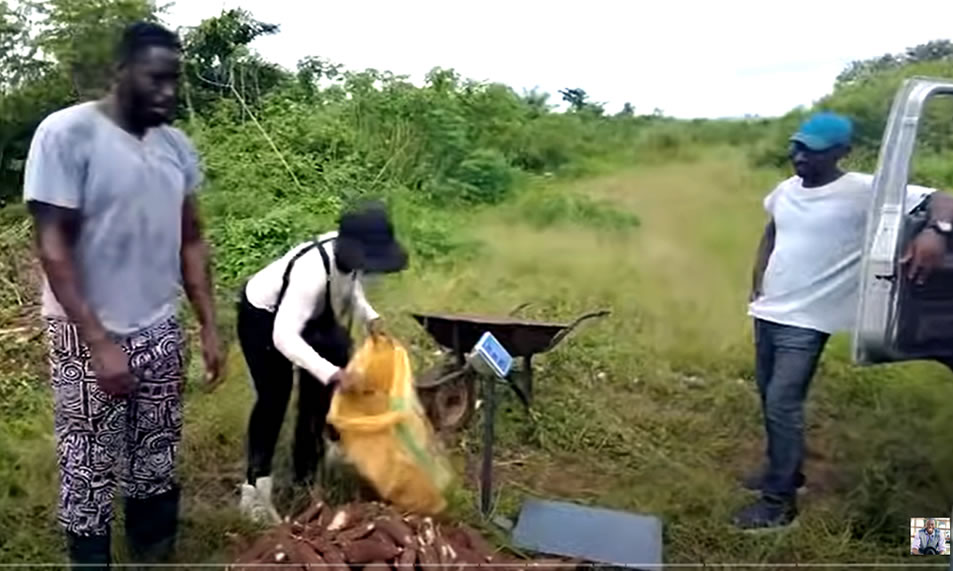
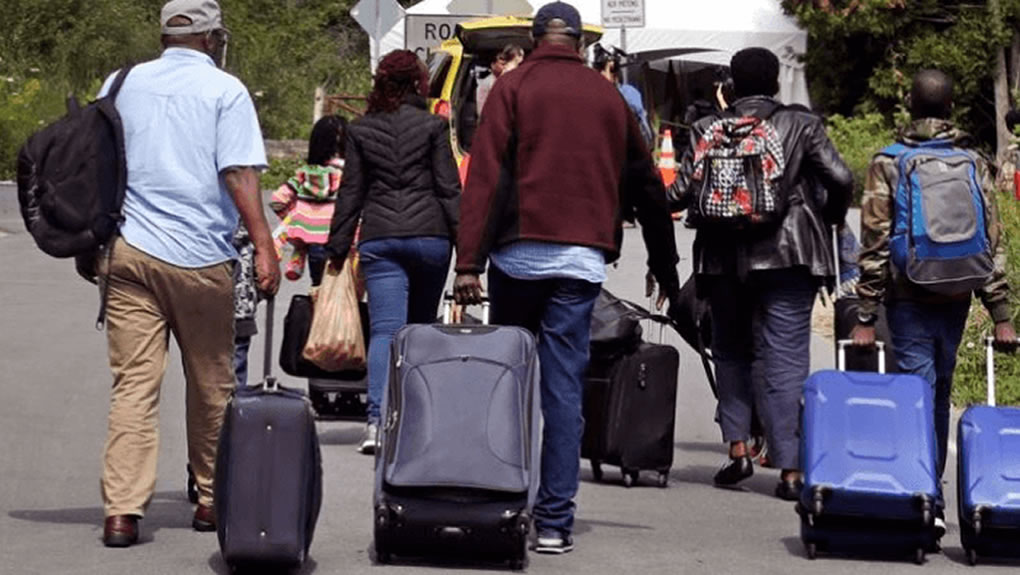
Pingback:
Pingback: